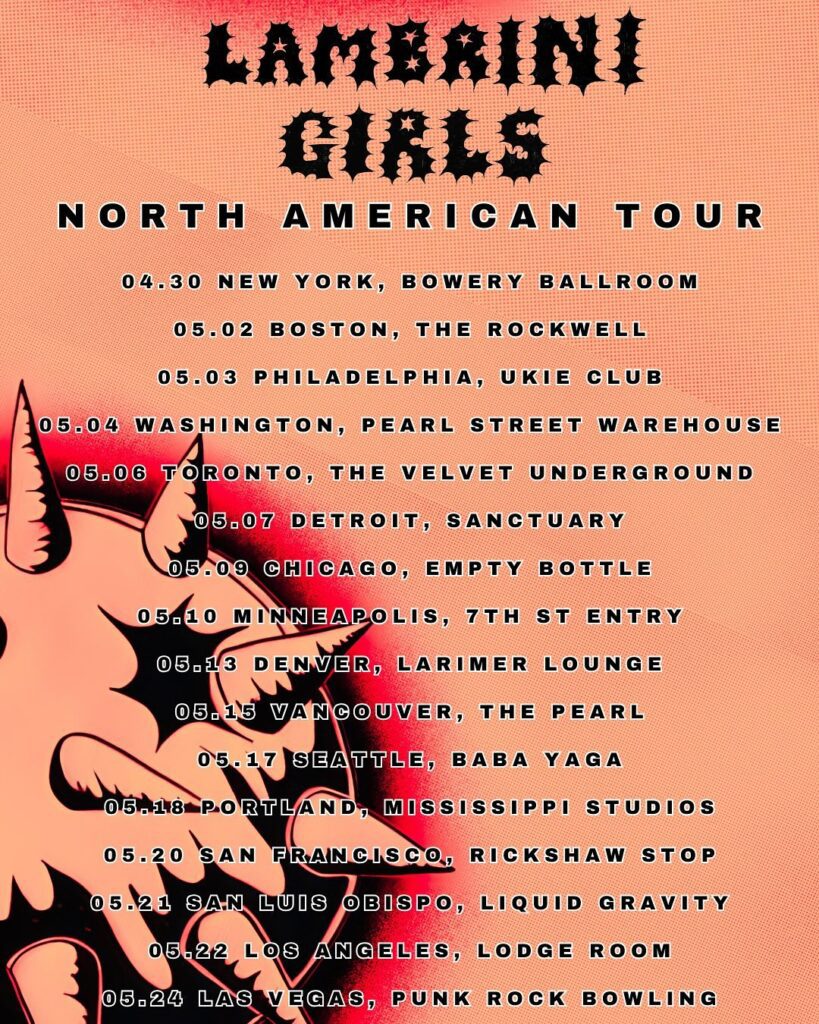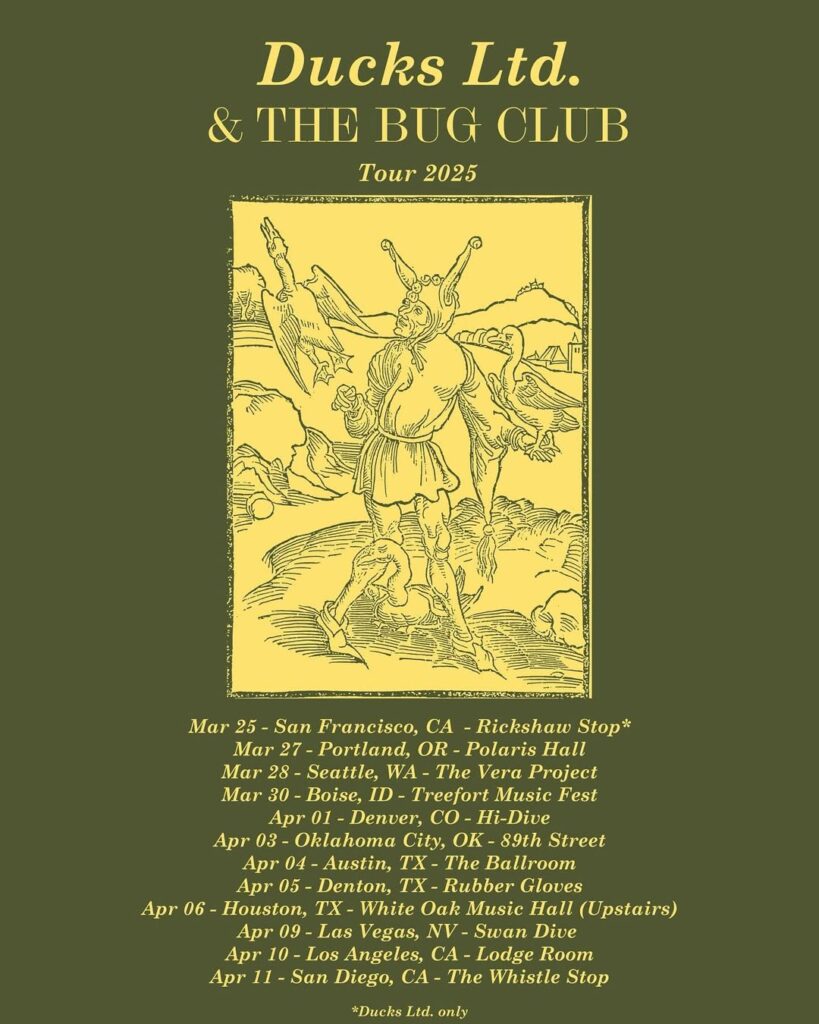Adia Victoria – “Magnolia Blues”Adia Victoria – “Magnolia Blues”
Gothic blues singer-songwriter Adia Victoria has announced her new album A Southern Gothic, executive produced by T Bone Burnett and featuring guest contributions from Jason Isbell, Margo Price, and the National’s Matt Berninger. “I would say that the philosophy behind this record is, ‘Necessity is the mother of invention,’” Victoria says. “It’s also, ‘When you don’t have excess, when that’s all stripped away, what you gon’ do with that?’ What art can you make from walking through your mother’s garden?”
Victoria listened to Alan Lomax’s old field recordings while she was writing the album, and recording began when she was stuck in quarantine with creative partner Mason Hickman, who taught himself mandolin and banjo while she added drums and piano. “I wanted the album to be a time stamp of where I was in 2020,” Victoria notes. “I wanted to pay homage and be honest to what I had to work with. I didn’t feel the need to go back and change it and pretty it up. It was honest and it was true.”
“With this project, I was so anchored in the past and the Black brilliance that came before me that it was kind of a road map,” Victoria adds. “They said, ‘Sweetie, we’re gonna locate you, and we’re gonna allow you to move it forward.’” Today, she’s releasing the record’s first single, “Magnolia Blues.” As she explains in a statement:
In an unpublished manuscript in 1933, William Faulkner spoke on the Southerner’s “need to talk, to tell, since oratory is our heritage.”
After a year spent in my room in Nashville, I wondered what stories I had to tell. Often the only view of the South beyond my window was the magnolia tree in my backyard. It blocked the rest of the world from my sight. I limited my gaze to its limbs, its leaves and the obscene bloom of its iconic white flower.
The magnolia has stood as an integral symbol of Southern myth making, romanticism, the Lost Cause of the Confederates and the white washing of Southern memory. “Magnolia Blues” is a reclaiming of the magnolia — an unburdening if its limbs of the lies it has stood for. This song centers the narrative of a Black Southern woman’s furious quest to find her way back home to the South under the shade of her Magnolia.
“Magnolia Blues” is an ode to Southern Black folk — too often hemmed out of what we mean when we say “Southerner” — and it is also an ode to the South itself. To rescue it from — in the words of William Faulkner — “a make believe region of swords and magnolias and mockingbirds which perhaps never existed.”
Listen to “Magnolia Blues” below.
A Southern Gothic is out 9/18 via Canvasback. Pre-order it here.





